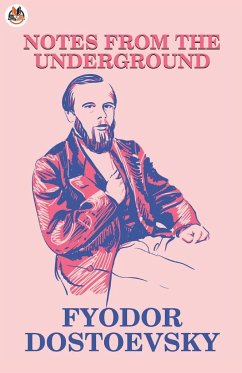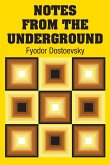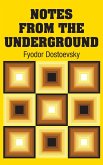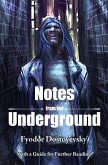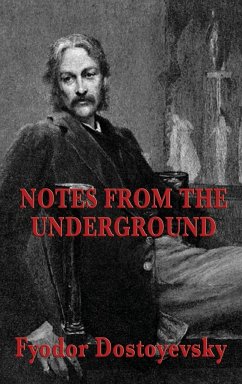Notes from Underground also translated as Notes from the Underground or Letters from the Underworld is an 1864 novel by Fyodor Dostoevsky, and is considered by many to be one of the first existentialist novels. Alienated from society and paralysed by a sense of his own insignificance, the anonymous narrator of Dostoyevsky's Notes from Underground tells the story of his tortured life. With bitter irony, he describes his refusal to become a worker in the 'anthill' and his gradual withdrawal from society. The seemingly ordinary world of St Petersburg takes on a nightmarish quality in The Double when a government clerk encounters a man who looks exactly like him - his double perhaps, or possibly the darker side of his own personality. Like Notes from Underground, this is a masterly tragi-comic study of human consciousness.

